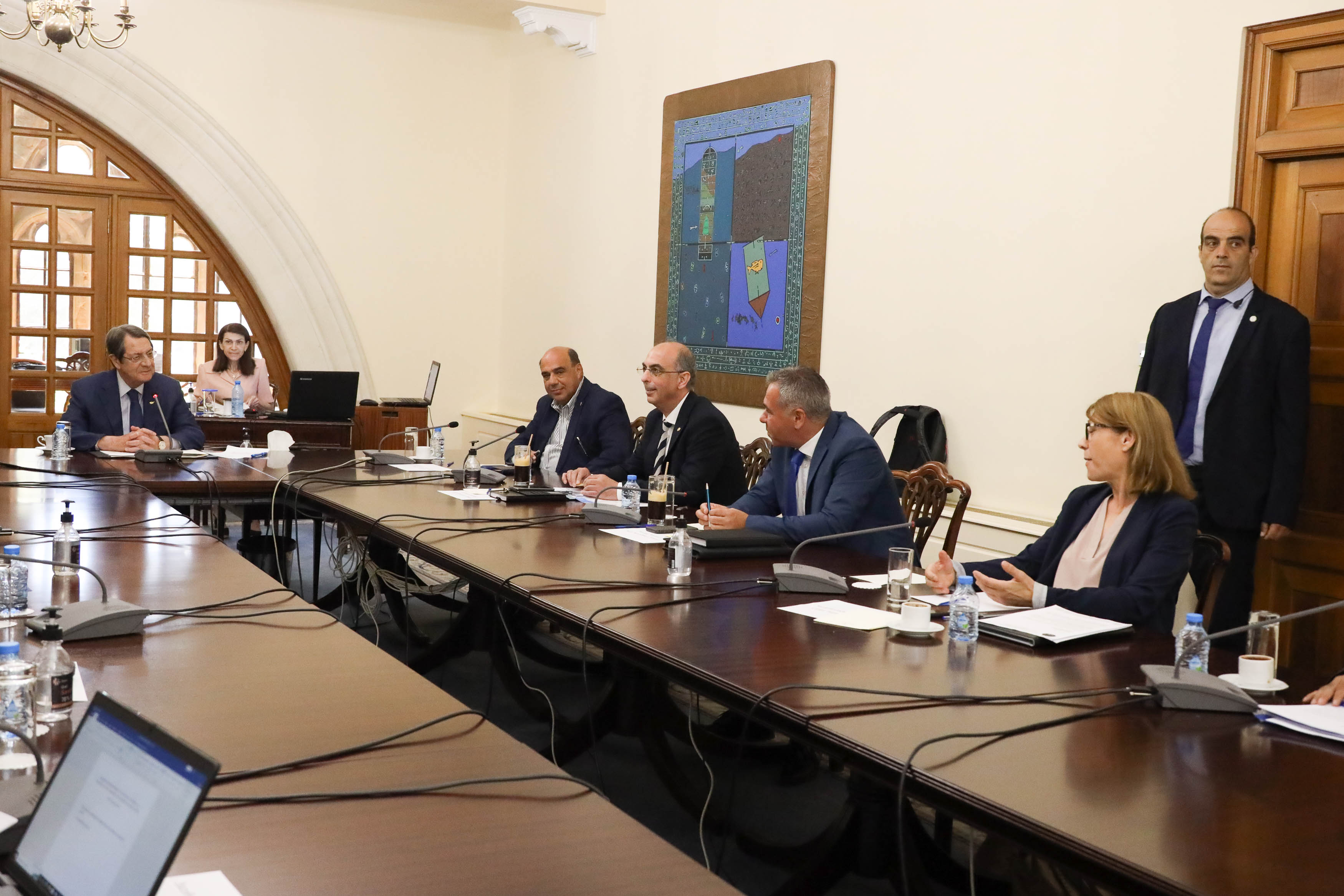What had been expected to be a routine meeting at the presidential palace on Tuesday to announce a final decision on the minimum wage ended in a major disagreement between representatives of the unions and employers’ federations. Everything was supposed to have been agreed, before the labour minister, the late Zeta Emilianidou, was taken ill, and the announcement would have been a formality.
President Nicos Anastasiades, who had undertaken to complete the work of his deceased minister, inadvertently changed the basis of the agreement at Tuesday’s meeting by saying that the minimum wage would be based on the calculation of the median wage by the Cyprus Statistical Service and not that of the EU-SILC (Statistics on Income and Living Conditions).
This was a game changer considering the median wage calculated by the Cyprus Statistical Service was €1,573 and by EU-SILC nine per cent higher at €1,727. The minimum wage is usually set at between 50 and 60 per cent of the median wage. In the meetings with the two sides, Emilianidou had advocated the use of the EU-SILC median even though most member-states do not use it, opting for the calculations of their own statistical service.
Now, the two sides will carry on meeting under the new Labour Minister Kyriakos Kousios, who has little experience of industrial matters, with the aim of coming to an agreement by August – at least this was what was announced. The economy though is in such a poor state it is questionable whether the two sides would reach an agreement.
With soaring inflation eating away at disposable incomes there would be a tendency to calculate a higher minimum wage to help low earners, but at the same time this would be harmful to businesses that are already faced with increasing costs. A relatively higher minimum wage could increase unemployment, which is the last thing anyone would want in a period of economic difficulty and uncertainty.
The Christofias government, which had championed the idea of a minimum wage, introduced it to nine sectors of the economy in 2012 but within a few months it became meaningless as Cyprus entered an assistance programme. Today’s situation is not as bleak as it was then but it would be economically imprudent to push up the labour costs of businesses at a time of high inflation, when they are already struggling to cope with increased operational costs.
For the time being it would be better for no agreement to be reached. Perhaps the two sides could at least agree to revisit the matter in a few months when we have a better idea in which direction the economy would be heading.







Click here to change your cookie preferences